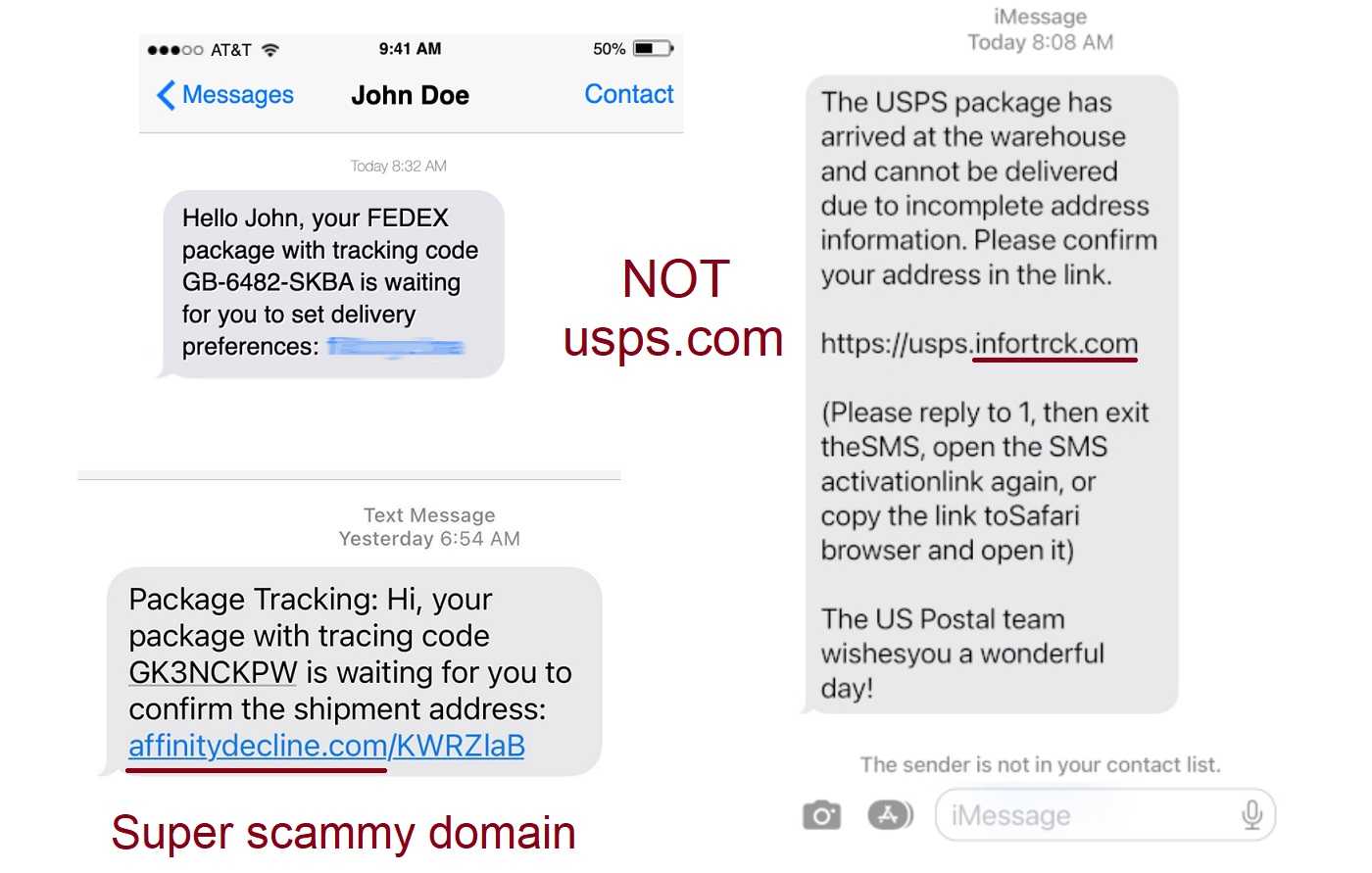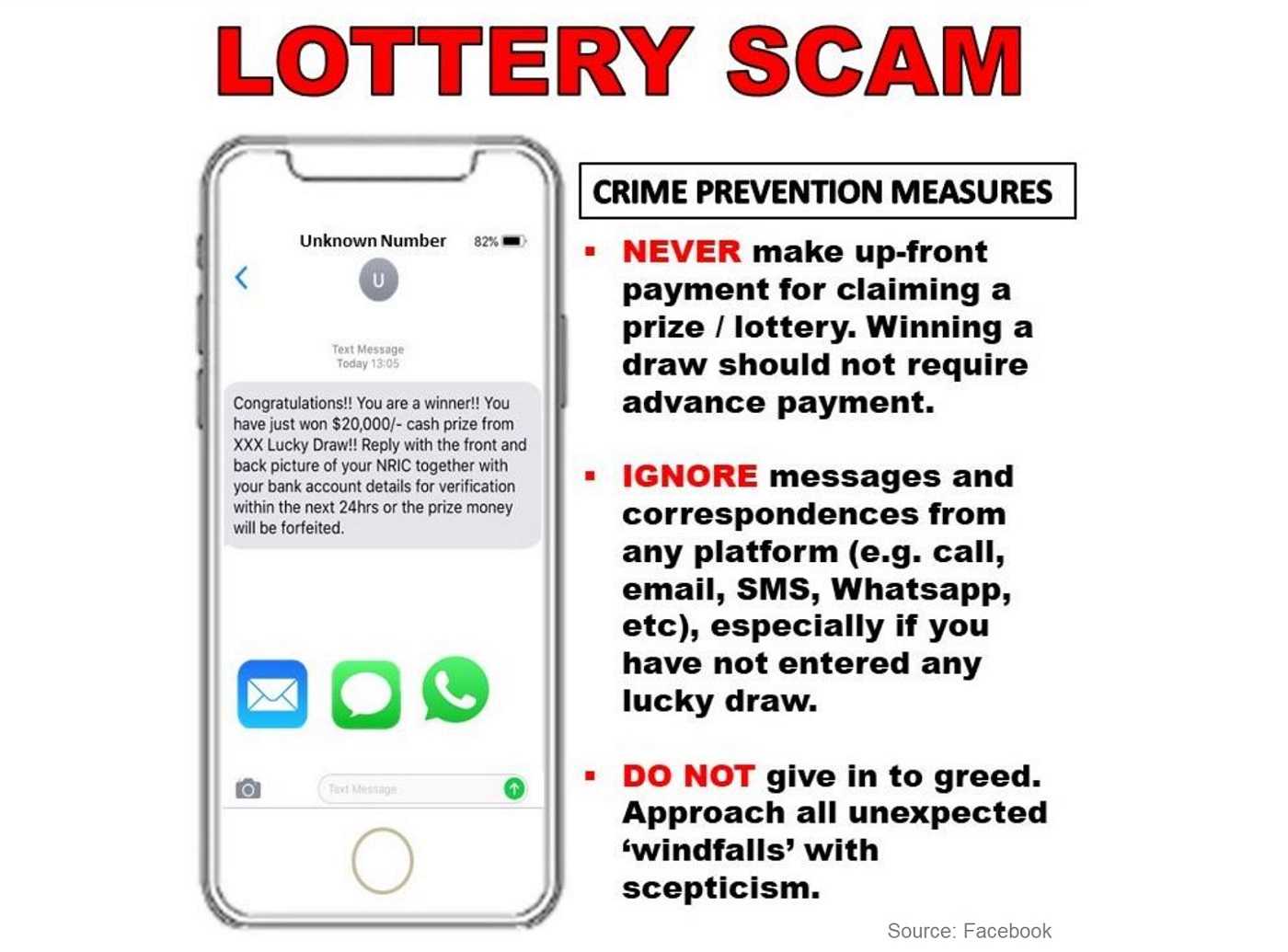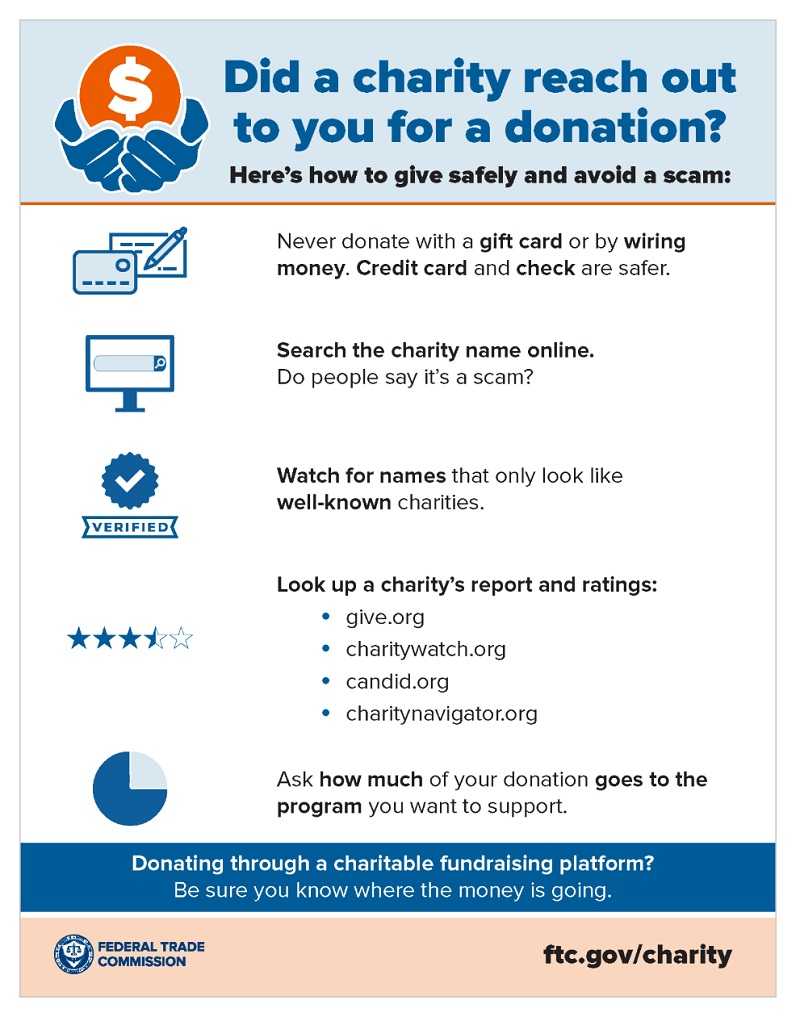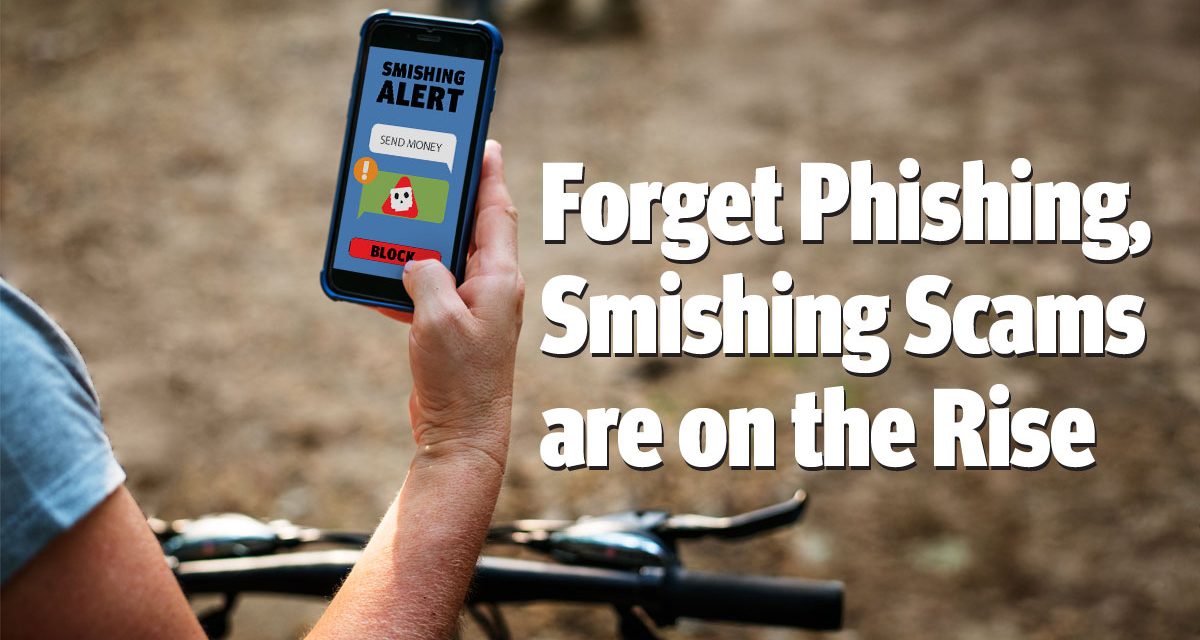Have you ever received a text message that just didn’t feel right? You’re not alone! According to Verizon, one of the top telecommunications companies out there, smishing—short for SMS phishing—is on the rise and is becoming a favorite tactic among cybercriminals targeting mobile users.
Imagine getting a seemingly innocent text, but behind the scenes, it’s a clever trap designed to steal your personal information or lure you into taking harmful actions. It’s alarming how these deceptive messages can slip through our defenses. Verizon has shed light on the various types of smishing schemes that are out there, and it’s crucial for us to stay informed. By recognizing these common tricks, we can arm ourselves with the knowledge to dodge these scams and keep our data safe.
Let’s dive deeper into how to spot smishing and protect ourselves from these bad actors.
Financial Scams
Financial-themed smishing messages often imitate reputable financial institutions and prompt recipients to click on links or provide personal banking information. These messages may claim that there is an issue with the recipient’s account or that unauthorized activity has occurred.

Remember that Mid Oregon will NEVER initiate a request for sensitive information via text, phone or email.
Package Delivery Scams
These smishing messages impersonate popular delivery services, often FedEx and UPS, but also the U.S. Postal Service. The messages notify recipients about a package that supposedly requires additional information or payment. The goal in this scam is to obtain personal or financial information from unsuspecting users.

Prize or Lottery Scams
In these messages, users receive notifications claiming that they have won a prize or a lottery, even though it’s unlikely the user even entered a contest. The scammers often ask for personal information, financial account details, or request a fee to claim the supposed winnings.

Charity Scams
Scammers exploit the goodwill of individuals by sending smishing messages pretending to represent charitable organizations. They request donations or personal information, preying on the desire to help during times of crisis or disaster.

According to FBI statistics, Americans lost $10.3 billion to internet fraud in 2023. Victims reported losses of more than $52 million in 2022, with phishing scams catching people off guard most often with 300,497 occurrences.
Here are Some Tips on How Not to Get Hooked!
When receiving messages such as these, follow a few guidelines to avoid being hooked:
- Verifying the legitimacy of any requests independently, such as by directly contacting the organization or service provider through their official channels. Don’t reply to the message or call the number in it.
Don’t call the phone number included in the text message. Always research the phone number on your own.
- Avoid clicking on links that are unsolicited or unsuspected, or just trigger your sixth sense that something is not quite right.
- Don’t give out personal information in response to unsolicited messages, particularly if they involve your finances.
- Take a beat to consider the messages before reacting to it. Phishers want you to just react without thought, so taking a minute can save you a lot of pain.
Mid Oregon provides a valuable resource for enhancing your online security. We invite you to explore our Stickley on Security section within the Security and Fraud Center. This platform offers timely articles covering a range of digital security topics, along with informative videos. Additionally, you can subscribe to receive news and alerts via email, ensuring you stay informed with the latest updates to keep your financial accounts secure in the digital landscape.
Read additional blog articles on cyber security and fraud.
As a reminder, Mid Oregon will never initiate a call asking for personal or account information via phone, text, or email.
Article provided by Stickley on Security





